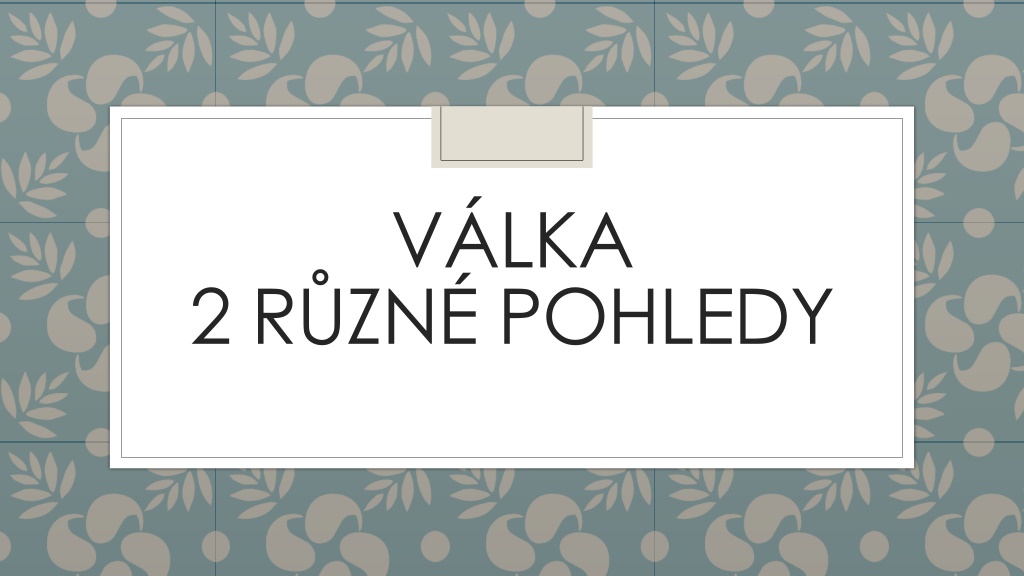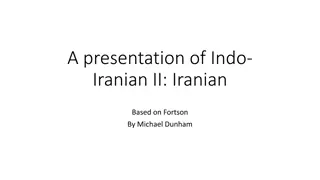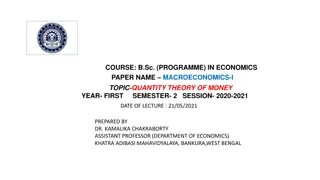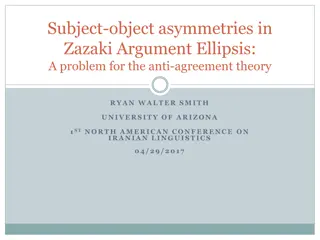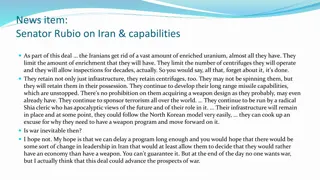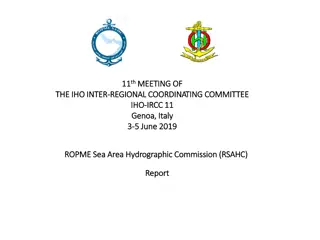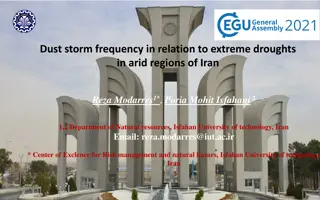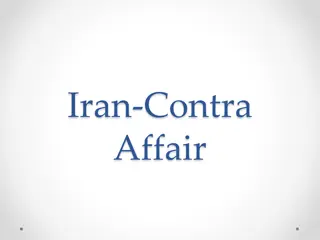Exploring Iranian Author Reza Amirkhani's Unique Perspectives
Exploring the insights of Iranian author Reza Amirkhani through his book "Jaanestaan-e-Kaabulistan," delving into his views on the Iranian Islamic Revolution and the 2009 presidential elections in Iran and Afghanistan. Amirkhani's perspective challenges common beliefs about tradition and modernity, offering a thought-provoking analysis of history and political systems.
Download Presentation

Please find below an Image/Link to download the presentation.
The content on the website is provided AS IS for your information and personal use only. It may not be sold, licensed, or shared on other websites without obtaining consent from the author. Download presentation by click this link. If you encounter any issues during the download, it is possible that the publisher has removed the file from their server.
E N D
Presentation Transcript
VLKA 2 R ZN POHLEDY
There are some professional authors in my country, which have follow writing as a professional job; they go to their office every morning such as other ordinary people and start writing until afternoon. I do not know about professional western authors and their writing behaviors; however, I am sure we have just a few numbers of authors who believe in writing as a professional job in Iran. Reza Amirkhani is one of those authors, the author of some famous and best-selling books that most of them are novel. RezaAmirkhani, one of the most famous iranian writers I was reading his new book, Jaanestaan-e-Kaabulistan, a book about his journey to Afghanistan. In different parts of the book, I was able to understand the significant intention of the author in making the Iranian readers familiar with Afghan culture and social condition; the culture and society that have many things in common with Iranian culture and society. In the book, I have found two parts very interesting; one of them was about the real nature of Iranian Islamic Revolution and another one was about the presidential election in Iran and Afghanistan in 2009. The author thinks that the nature of Iranian Islamic Revolution in 1979 was modern, not Tradition. Many people believe that the Islamic Revolution was a return to traditions. But, Reza Amirkhani disagrees with such a this thought; he believes the Islamic Revolution is modern since it has done in a modern world with the hands of a great man, Imam Khomeini; a man who has established a new political system. Regardless of the author belief and his reasons for holding such a belief, I believe the Islamic Revolution was a great No to the modernity as well as western political systems. Because of this important reason and regardless of common slogan hidden in my belief!, the Islamic Revolution should be categorized as a movement towards tradition, not modernity. Another interesting part of his book concerned the presidential election in Iran and Afghanistan. In 2009, the world saw two important presidential elections in Iran and Afghanistan. Both of those two
